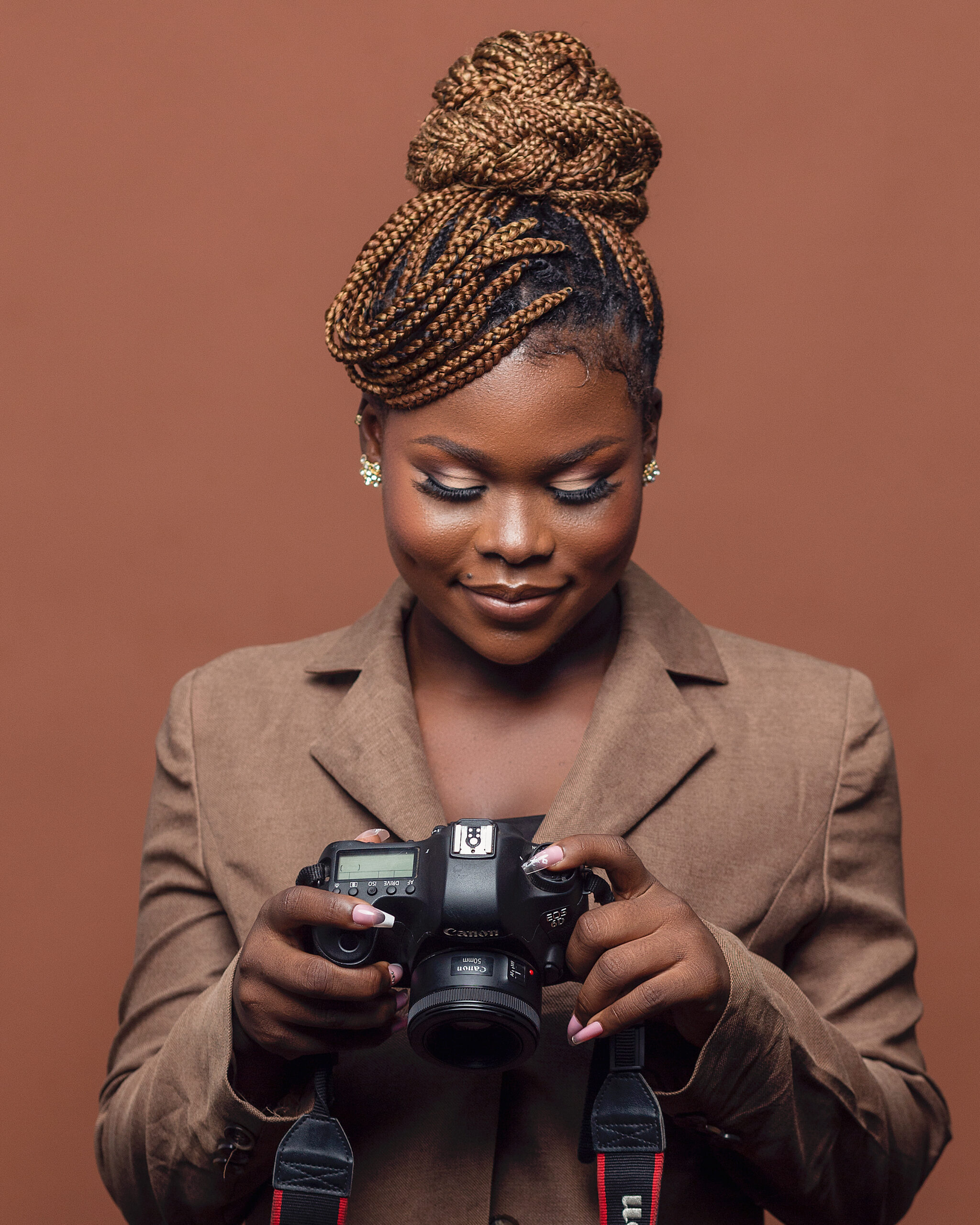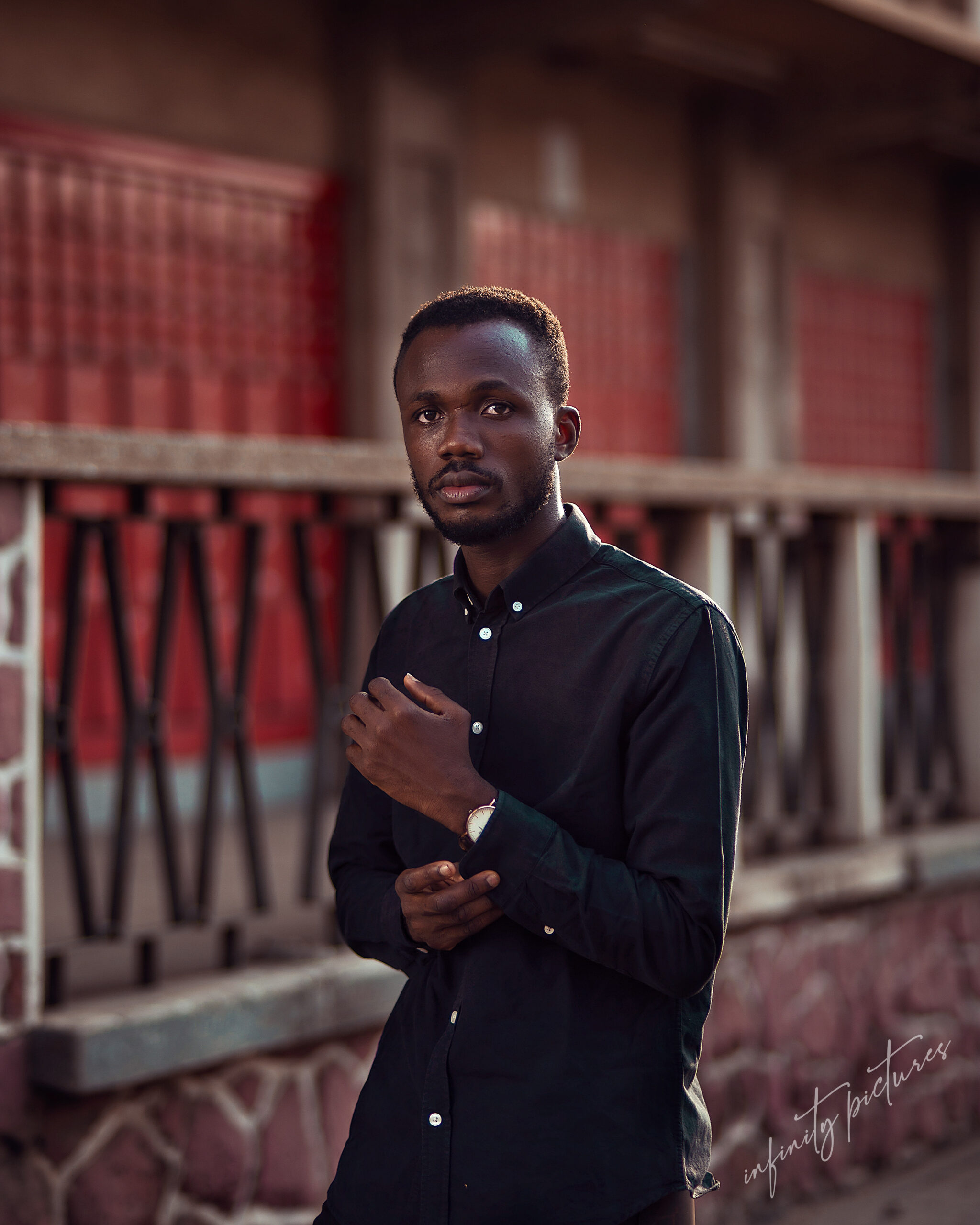INTRODUCTION TO
PHOTOGRAPHY
This introduction to photography course fills in any knowledge gaps that might be preventing you from quickly advancing and reaching your full potential. All manual camera settings can be used, and you can use what you learn in any circumstance.
You will gain the confidence to use your camera and produce images that are on par with those of a professional after completing this course.
suitable for enthusiasts, those who want to pursue a career in photography, or those who want to take photography more seriously
We’ve been more than half a decade in business and all that knowledge goes into instructing the art and science of photography that you can practice whenever you like and retain it forever.
This is a one-time investment that eliminates confusion while providing accurate and detailed knowledge of photography as a business.


Course Modules
WHAT YOU’LL LEARN
module
1
Fundamentals of Photography
- we will learn a Brief History of Photography.
- Digital & traditional Cameras.
- Advantages and Disadvantages of Digital Photography
- Parts of the camera.
- The various types and forms of photography
- Mastering these metrics allows you to make a significant remarkable improvement in your photographs
module
2
The Camera- Components and Concepts
- We will delve into the varying sorts of lenses available in the market and how to use them.
You’ll also learn camera modes and when applicable to use them.
- Then you’ll learn about the Exposure triangle: ISO, aperture, and shutter speed.
module
3
Capturing Stunning Image, Hands-on Basics
- In this module, we will learn about the various photography composition techniques such as the rules of thirds, frame within the frame, leading lines, patterns etc.
- Subject framing and camera angles in photography.
- Dealing with over exposure and underexposed images, camera focus and perfect exposures.
module
4
Understanding the basic lighting techniques in photography
- Outdoor lighting technique and indoor lighting techniques.
- On camera flash and strobe usage
- Studio photography lighting
- Difference between natural and artificial lighting
- Importance of Natural & artificial Lighting
module
5
field work / practical session with facilitators
- Idea generation, making mood board and sketches of concepts before for shooting
- Students will practice and ask questions during this practical and assessment session.
- During this session, participants will be given a task to complete in order to gain a better understanding of the entire class session.
- Facilitators will be on the field with one on one guidance
module
6
Post production / Picture Editing
- We will introduce you to Photoshop and Lightroom photo editing.
- Getting to learn Photoshop interface and lightroom tools for editing,
- Editing photographs with the adobe software, e.g. Photoshop and lightroom
- Editing camera raw files and jpeg and its differences, you’ll also learn how to save images for social media and saving for web.
- You’ll learn how to manage your editing history, creating and managing catalogs
- Storing the Photo, Sharing, Archiving and Backing up your Photographs.
+1 BONUS COURSE
Documentary / photo-journalism
photography / media for peace
photography for business
Documentary photography is primarily about images that tell a story.
We will encourage our students to create memorable images that evoke emotions. Photography is a powerful medium and shows that our documentary film students are finding their way into the professional market.
Trending Courses
Photo-illustration photographers combine a variety of photographs to draw the viewer into a visual narrative and arouse curiosity and interest. This will combine the technical and conceptual expertise to move people to action. Create editorial and promotional work that effectively tells a compelling story that drives emotions and create career for you
Photo Illustration / Graphic Design
The art and technique of capturing motion pictures on film or digitally is referred to as cinematic techniques. Capturing and composing the visual elements of a film, such as lighting, framing, camera movement, and color, is part of this. Cinematographers, also known as directors of photography, collaborate with the director to visually tell the story and create the film's look and feel. To achieve the desired visual style, they employ a variety of techniques such as different camera lenses, lighting, and special effects.
cinematography
Fine art photographers create images that convey moods and themes. Our art students work with a wide range of photographic techniques, from the latest techniques to the most historic processes, with the express purpose of creating a unique portfolio that represents the individual artist.
Fine Art Photography
You're here because you want to be a wedding photographer, right? Fantastic idea, my friend. Wedding photographers typically earn more than $2,000 per wedding. A great wedding photographer can earn $10,000 or more per wedding. And money isn't the only reason to work as a wedding photographer. It is an important job that helps to capture a beautiful day and preserve memories for a lifetime.
Wedding photography
Fashion photography is an exciting and dynamic part of the advertising industry. Many of our students are drawn to this type of work and work with designers, models, stylists and advertising agencies around the world. Fashion photography is much more than models with clothes, they are powerful images designed to capture the spirit of a brand. Each photograph tells a story, and photographers are responsible for making them a reality.
Fashion & beauty Photography
Invest and learn more if only it’ll bring more food to the table and not only food but remember investor like sharp minds also……
richard anaman

INFINITY PICTURES ACADEMY
“Unleash the power of storytelling with our unique, candid and personalized photography courses today”